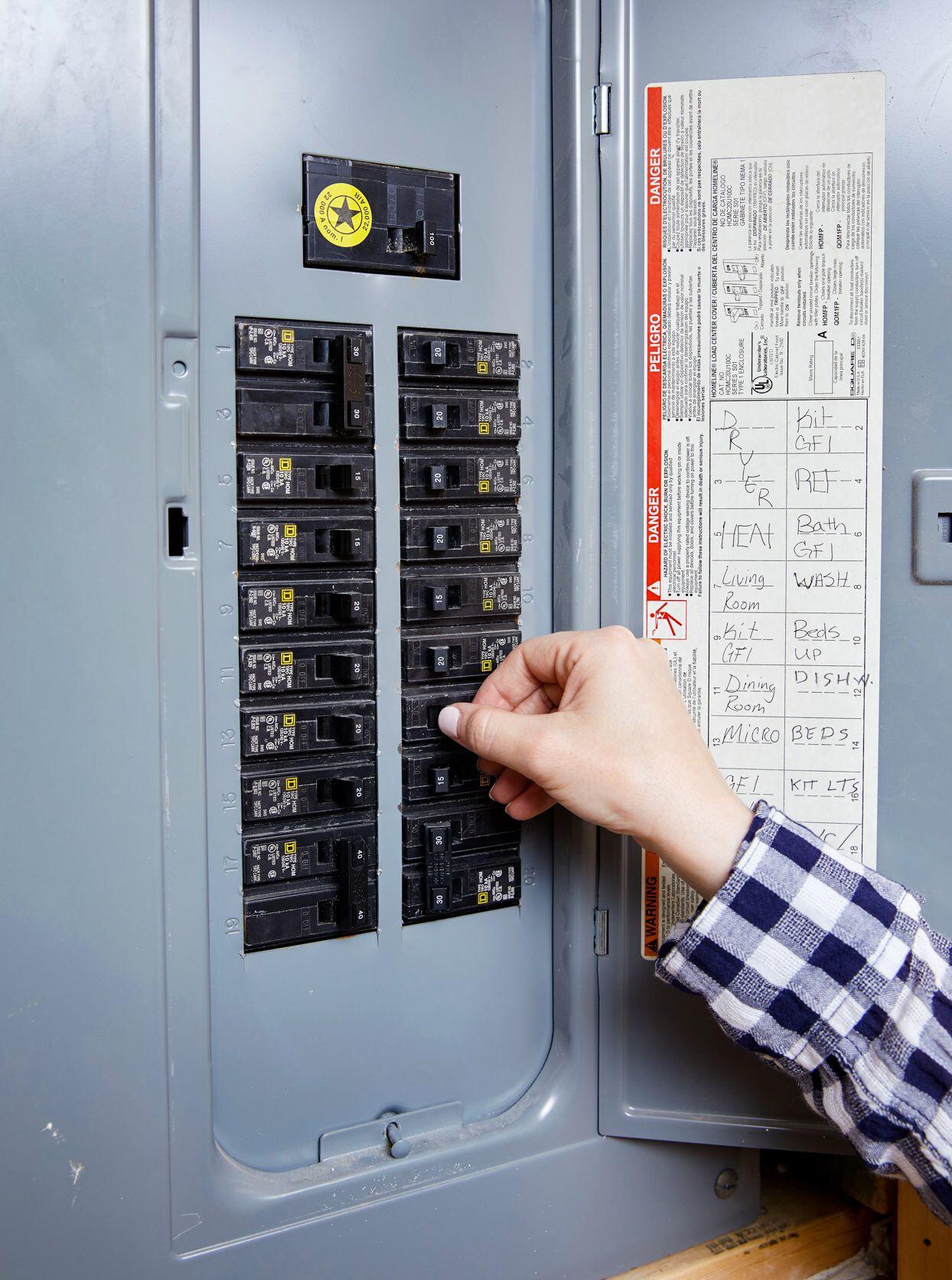
Is your home electrical panel struggling to keep up with modern demands? As technology advances and our reliance on electrical devices grows, an outdated electrical panel can quickly become a liability. Recognizing the warning signs indicating your home electrical panel may need an upgrade is crucial for maintaining a safe and efficient environment.
This blog post will explore the key indicators that suggest it’s time for a home electrical panel upgrade and the far-reaching impacts of outdated systems on your home.
When it comes to ensuring the safety and functionality of your home’s electrical system, recognizing the warning signs of a failing electrical panel is crucial. One of the most apparent signs is frequent circuit breaker trips. If you find yourself resetting breakers often, your panel may not support the electrical load of your household appliances and devices. Additionally, if the breakers feel warm to the touch or emit a buzzing sound, these are red flags that your electrical panel could be overloaded and need a home electrical panel upgrade.
Another important indicator is the presence of rust or corrosion on the electrical panel itself. These physical signs suggest moisture is getting into the panel, which can lead to serious safety hazards. Flickering lights, especially when using specific appliances, can also point to wiring issues or an inadequate panel that cannot handle your electrical demands. If you notice any of these symptoms, it’s time to consider a comprehensive assessment of your home electrical panel to determine if an upgrade is necessary to support your home and enhance safety.
Outdated electrical systems might not always be visible, but their effects can ripple through your home in serious and potentially dangerous ways. Whether you live in an older property or are considering purchasing one, understanding the risks of an aging electrical setup is essential for safety, efficiency, and peace of mind.
1. Fire Hazards
One of the most critical concerns with outdated wiring is the increased risk of electrical fires. Older systems—especially those with knob-and-tube wiring or aluminum conductors—aren't designed to handle the demands of modern appliances and electronics. Overloaded circuits, deteriorating insulation, and poorly grounded systems can all become ignition points.
2. Inconsistent Power Supply
You might notice flickering lights, breakers that frequently trip, or outlets that don't work correctly. These are signs that your system is struggling to keep up. Outdated panels and wiring may not distribute power evenly or reliably, leading to inconvenience and equipment damage at worst.
3. Limited Capacity for Modern Needs
Homes built decades ago weren’t wired with today’s energy needs in mind. From high-powered kitchen appliances to home offices full of electronics and entertainment setups, modern families draw much more electricity than homes were initially built to support. This mismatch can limit your ability to safely upgrade or expand your electrical usage.
4. Code Violations and Insurance Issues
Older systems often fall short of current building codes. This can create issues if you ever decide to sell your home, or even if you're applying for homeowners' insurance. Many insurers may charge higher premiums or refuse coverage altogether until the system is brought up to code.
5. Reduced Property Value
An outdated electrical system can be a red flag for potential buyers. It suggests future expenses and safety concerns, which can drag down your home’s resale value. Conversely, a recently upgraded system can be a significant selling point, showing the house is well-maintained and move-in ready.
Older panels often lack essential safety features, making them more susceptible to overheating and short circuits. A modern electrical panel has advanced circuit breakers that detect faults quickly and shut down power to prevent dangerous situations. This increased safety protects your property and the people who live and work within it. Investing in a home electrical panel upgrade significantly minimizes risks associated with outdated systems.
In addition to safety improvements, an upgraded home electrical panel increases efficiency, leading to lower electricity bills and a more reliable power supply. Modern panels can handle more circuits and support higher wattage demands, accommodating the needs of today's technology-heavy work environments.
At Cogburn Electric Inc., our team specializes in home electrical panel upgrades and offers competitive pricing, quality workmanship, and exceptional customer service. Contact us today to learn more about upgrading your electrical panel and request a project estimate.